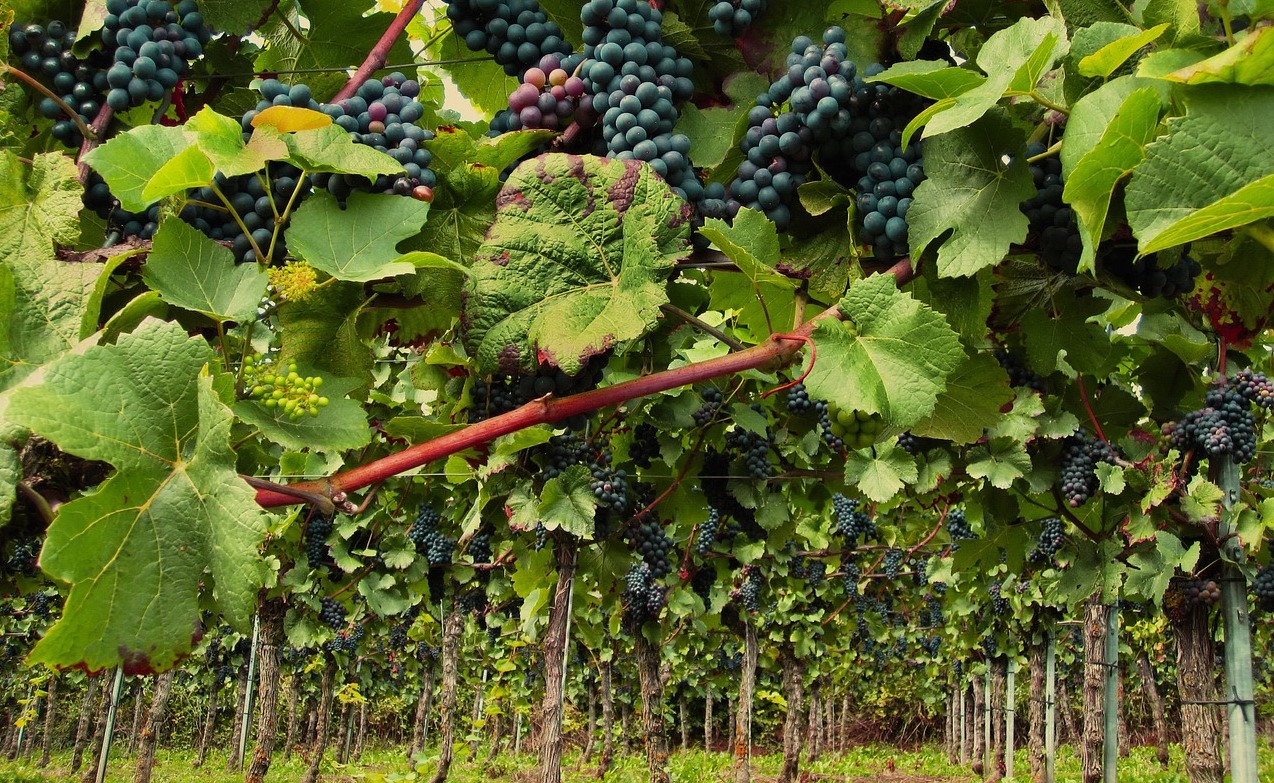
“This is where the church needs to be: going to every part of the world of mere affluence and turning it into a vineyard.” –Andy Crouch
In a recent essay in The Atlantic, William Deresiewicz expressed concern that the rise of “creative entrepreneurship” would mean “the end of art as we know it,” fearing that capitalism’s expansion of creative empowerment would mean “the removal of the last vestiges of protection and mediation” for higher ideals of beauty and truth. The risks are real. But as I’ve noted previously, our newfound freedoms — creative, economic, and otherwise — should inspire far more optimism than despair (and not only for the arts).
As economist Deirdre McCloskey points out, we have great reason to believe that the Great Enrichment will lead to other enrichments and higher purposes — “not the loss of one’s soul.” If such hopes are to be realized, however, we will need far more than the mere materialism and hyper-consumerism of our modern age.
In a lecture for the Oikonomia Network, Andy Crouch unpacks that key challenge, noting that as society has moved from a “high-friction, low-margin” world to one that is increasingly “low-friction, high-margin,” we face increasing temptations to opt for the artificial over the authentic.
“All the low-friction, high-margin things in my life are constantly tempting me to just press play and distract me away from the very patterns of family life, of community life, of institutions that could actually sustain something worth passing on,” Crouch explains. “I’m in constant danger of losing the things I actually want to hand on because of the abundance of options.”
On the surface, many of the metrics look good, but how do we know whether the foundation is sturdy and the fabric is strong? We’ve seen real strides in economic progress and rapid decreases in global poverty, for example, but what else should be paying attention to? This is where the church bears cultural witness.
“It can fool the eye, from a certain perspective,” Crouch explains, “…It’s the task of the church to pay attention in such a way that we might know what components of the affluence we experience in our world are genuine, and what components are actually merely illusion and incredibly evanescent.”
Pointing to the “Song of the Vineyard” in Isaiah 5, Crouch reminds us of a moment in Israel’s history when God saw social and spiritual fragility amid seeming economic abundance. “The nobility and the people exult in this moment of national prosperity based on technical wisdom and intelligence,” Crouch explains. “…Somehow in the midst of this environment of great prosperity, God sees something profoundly, tragically, disturbingly missing…There’s a fragility to this system that is not apparent from one point of view.”
Instead of tending to the vineyard — pursuing true abundance and flourishing — Israel squandered the grapes it was given. “What more was there to do for my vineyard, that I have not done in it?” asks the Lord. “When I looked for it to yield grapes, why did it yield wild grapes?” The song ends with a prophecy that all of Israel’s abundance will be reduced to barrenness, as surely it was.
But this needn’t be the end for our present circumstances. The lesson of Isaiah’s song is that our abundance has a purpose. We were not meant to live lives of “mere affluence.” God gives us grapes for a reason, and it’s up to us to then cultivate the vineyard. “While the Bible does not have a prosperity gospel in the way we use that phrase now,” Crouch explains, “…the Bible does have a posterity gospel…namely God’s intention to bless…those who love and fear and trust him, and his desire for that to be embedded in cultural systems that pass on flourishing generation after generation.”
So what will we do with our gifts of economic freedom and material abundance? What will we do with our endless options and opportunities? As Crouch explains, it’s more than possible to pursue “high-friction, low-margin” goods in a “low-friction, high-margin” world:
Prune your life, and all of the abundance of the world is yours for free, thrown in. But build your life around the low-friction, high-margin that’s offered you every day by our modern economy, and you will end up not even able to hold on to that chalk as it washes away in the rain…
So what is our calling in this modern world, as the church? It seems to me it’s to go into every part of the modern economy and find ways to prune it, to restore appropriate limits, and restore a kind of high-friction life that is economically sustainable, but is also embedded in what makes for deep flourishing.
It all depends on the orientation of our hearts and hands — how and whether we engage and occupy our economic systems and institutions in ways that edify and enrich society beyond our immediate satisfaction.
We live in a world that is blessed and booming with economic opportunity and material prosperity. Truth, goodness, and beauty have plenty of room to flourish. Instead of seeing grapes for the taking, let’s start seeing vineyards for the pruning.
Image: moniquayle (CC0)

